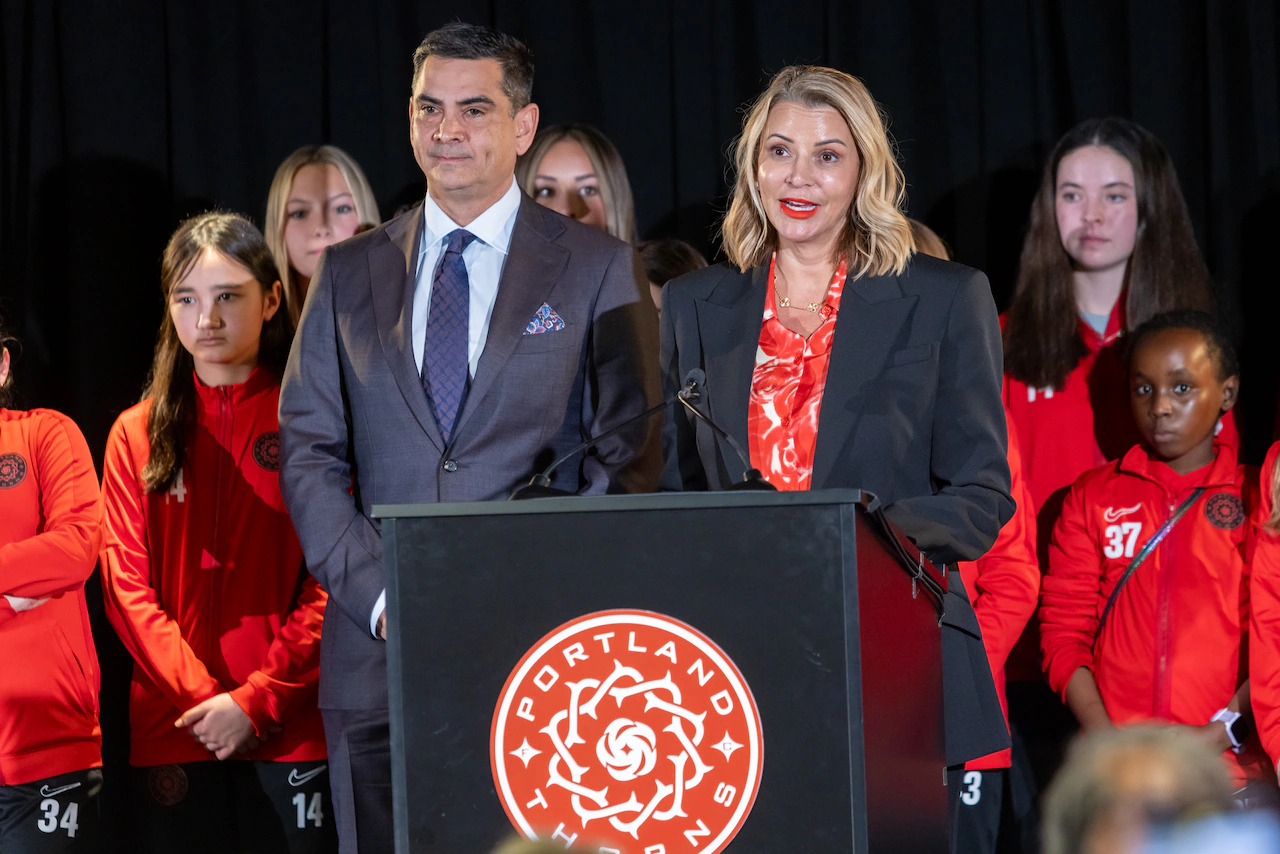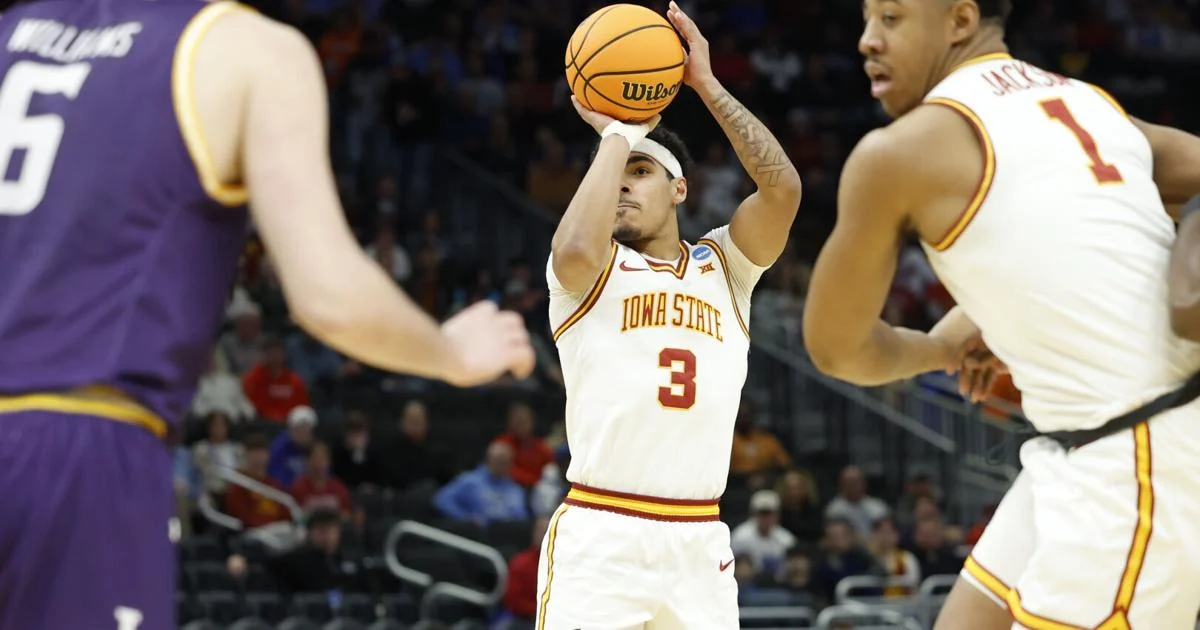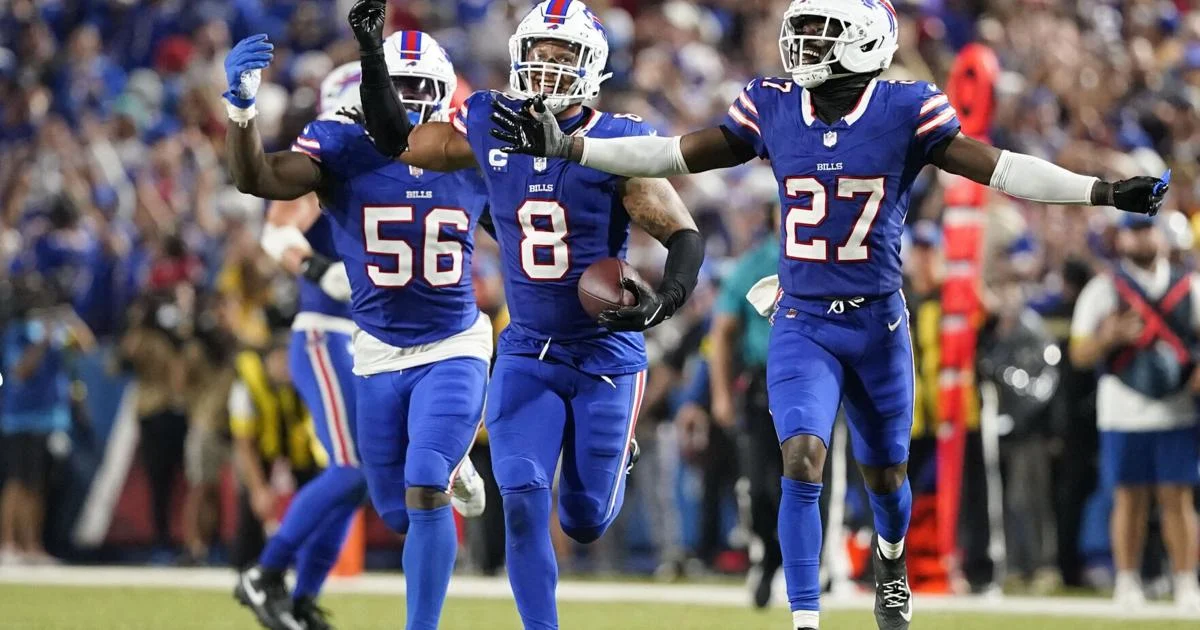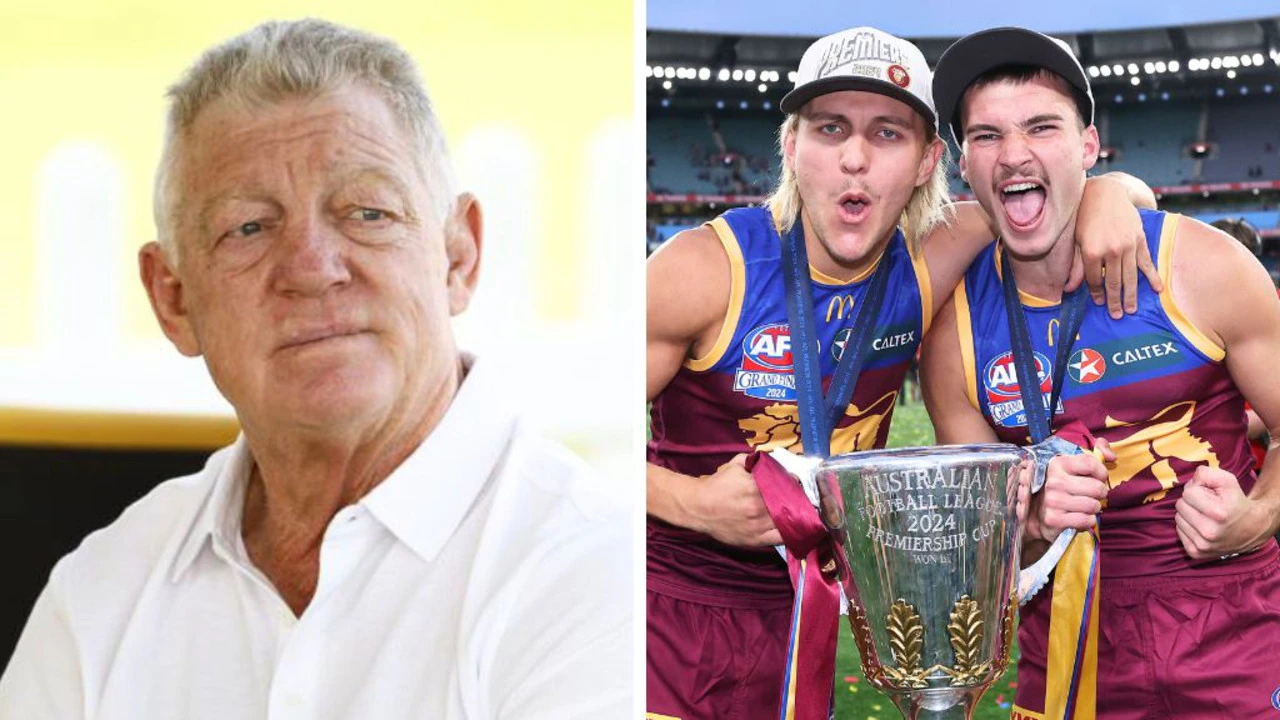‘Final-hour switch’ by deep-pocketed investor doomed rival bid for Trail Blazers, lawsuit alleges

RAJ Sports, a rival bidder for the Portland Trail Blazers, thought it could still buy the team after news broke on Aug. 13 that the NHL’s Tom Dundon had reached a deal to acquire the professional basketball franchise.
Behind the scenes, RAJ Sports Holdings LLC was still working “feverishly” to finalize a bid that it thought would surpass Dundon’s, according to a lawsuit filed Monday and made public Friday.
But RAJ Sports claims its bid collapsed when the founders of Panda Express violated an exclusivity deal and joined Dundon’s bid instead.
RAJ Sports, owners of Portland’s new WNBA franchise and the Portland Thorns, and led by siblings Lisa Bhathal Merage and Alex Bhathal, describe themselves in the lawsuit as the ideal owners for the Blazers given the “natural appeal and synergies” that would come from owning three sports teams in the Rose City.
The Bhathals also describe themselves in the lawsuit as longtime family friends of Andrew and Peggy Cherng, the founders of Panda Express.
When the late Paul Allen’s estate put the Blazers on the market in May, the Bhathals started putting together a bid for the team and spoke with the Cherngs about investing, according to the lawsuit. The parties signed an exclusivity deal on July 24 as they worked to finalize terms, according to the lawsuit.
The Cherngs, whom Forbes estimates have a net worth of $7.7 billion, were expected to be the second-biggest investor and an “anchor” in the RAJ Sports bid, according to the lawsuit.
The Oregonian/OregonLive and others on Aug. 13 reported that Dundon’s group had reached a tentative deal to acquire the Blazers.
Undeterred, the Bhathals worked to top Dundon’s bid, according to the lawsuit. And they thought they could do it with the Cherngs.
Between Aug. 22 and Aug. 28, representatives for the Bhathals and the Cherngs worked to finalize terms of the Cherng investment, according to the lawsuit. But a Cherng attorney noted surprise about pushback on certain deal points they wanted and said the family was “expecting more flexibility.”
The Cherngs attorney called “pencils down” on the deal Aug. 28, the lawsuit said.
That “unexpected and unilateral end” to the investment discussion raised concerns that the Cherngs “were looking to join Dundon’s competing bid to acquire the Trail Blazers,” the lawsuit said.
“Such a final final-hour switch would doom” RAJ’s bid, the lawsuit alleges.
Bhathal worked to smooth the waters. He called Andrew Cherng later that day and questioned if the Cherngs were in discussions with Dundon’s group.
Cherng “unequivocally stated that no such conversations had occurred,” according to the lawsuit, and Cherng allegedly assured Bhathal that even though they “weren’t quite there yet” on the mechanics of their investment, RAJ could name the Cherngs as an investor joining their bid to the NBA League Office.
The parties continued talking in proceeding days. The lawsuit claims that an advisor to the Cherngs on Sept. 5 “solicited and received in-depth updates” from one of RAJ’s advisors on “deal dynamics and tactics through multiple calls and written communications.”
Then on Sept. 12, the Allen estate announced a formal deal to sell the team to Dundon’s group at a value of $4.25 billion. The announcement named the Cherngs as investors with Dundon.
The Bhathals say the Cherngs violated the exclusivity deal. The lawsuit seeks to bar them from investing in the Blazers as part of Dundon’s group. The Cherngs have not commented on the lawsuit and have not filed a legal response.
Dundon, the Allen estate, the Blazers and the NBA are not named as defendants in the lawsuit. Spokespeople for all four have declined to comment on the dispute.
The sales price of teams in the National Basketball Association has skyrocketed in recent decades, limiting ownership opportunities to some of the nation’s wealthiest investors. With only 30 teams, the opportunity to buy is coveted — and sometimes leads to lengthy disputes. It took more than four years to complete a contentious sale this summer of the Minnesota Timberwolves.
In June, the family behind the Los Angeles Lakers agreed to sell majority ownership of the team to billionaire businessman Mark Walter at a value of $10 billion. Earlier in the year, the 18-time champion Boston Celtics reached a $6.1 billion agreement with a group led by Symphony Technology co-founder Bill Chisholm.
The eventual sale of the Blazers will need to be ratified by the league’s board of governors. Before this week’s lawsuit, people involved with the deal expected Dundon’s bid would be approved by the end of the upcoming NBA season.
This story will be updated.



